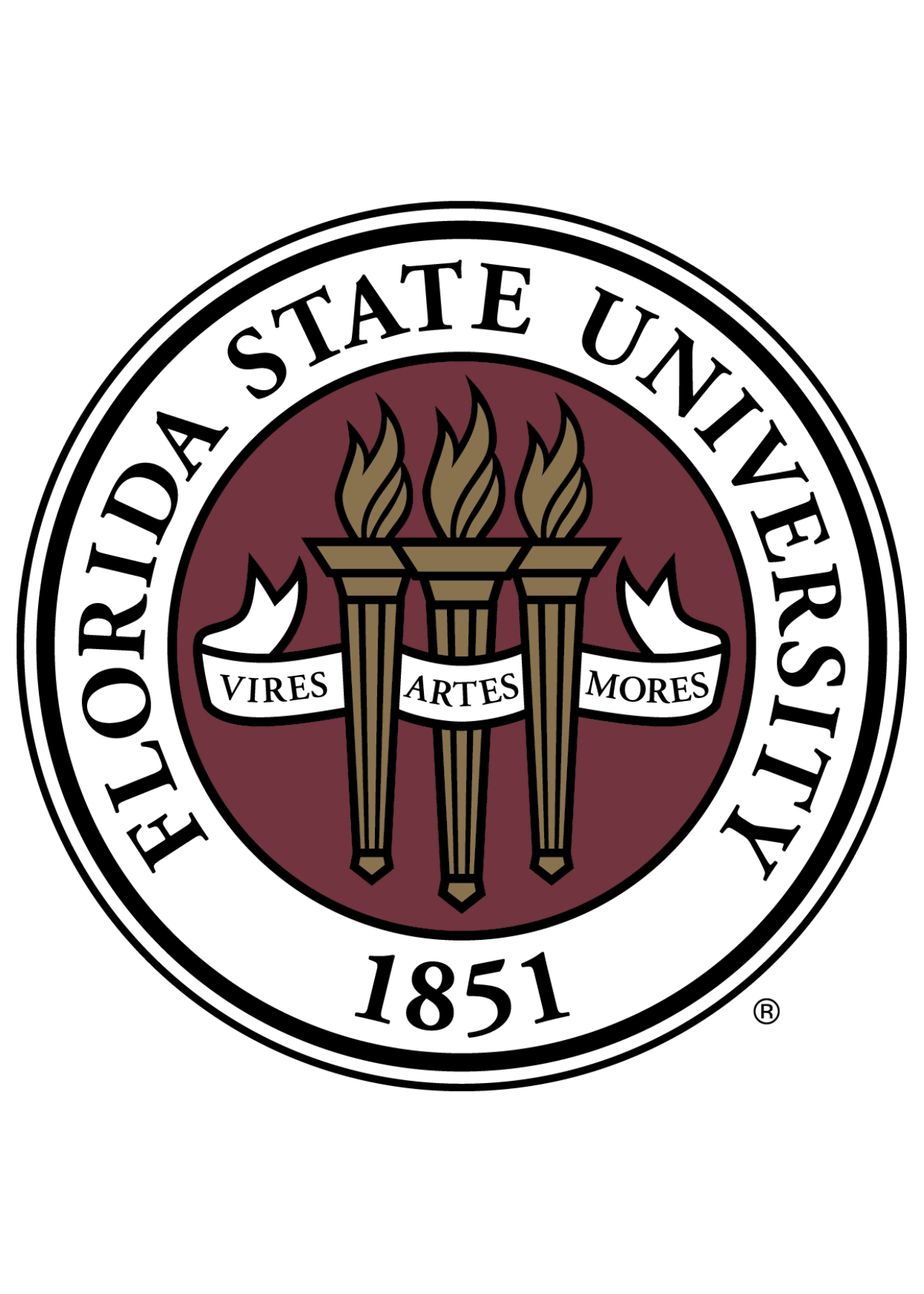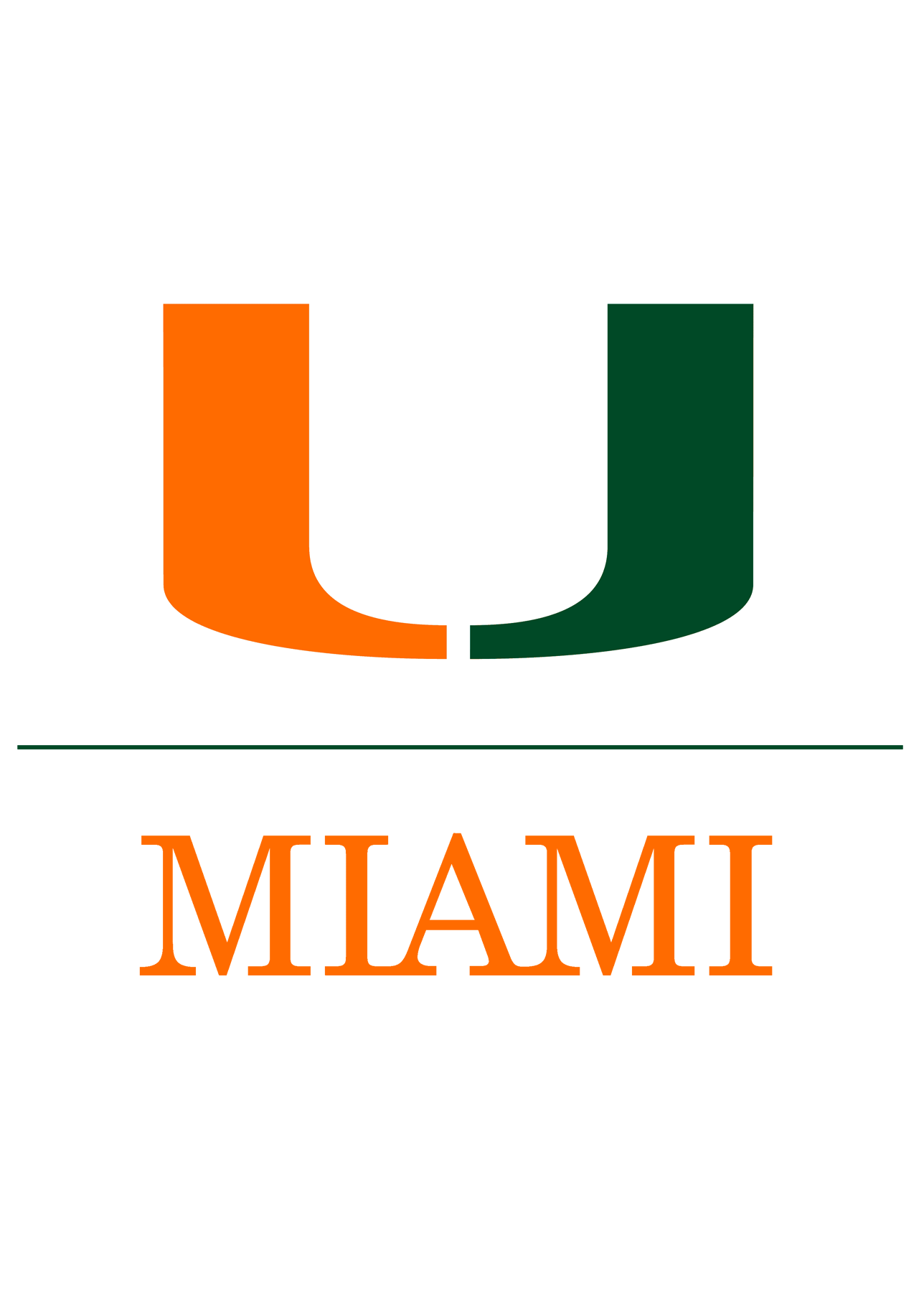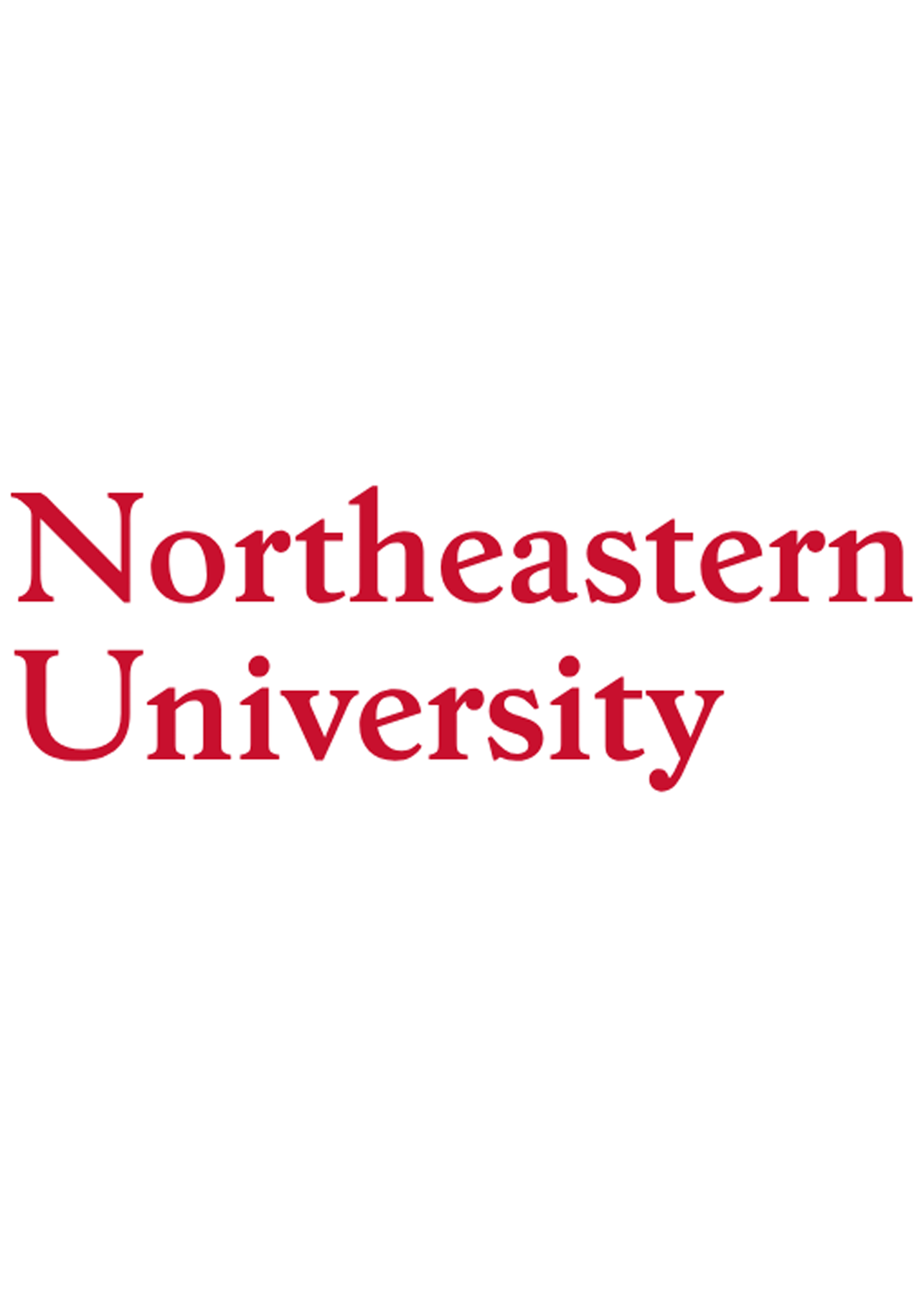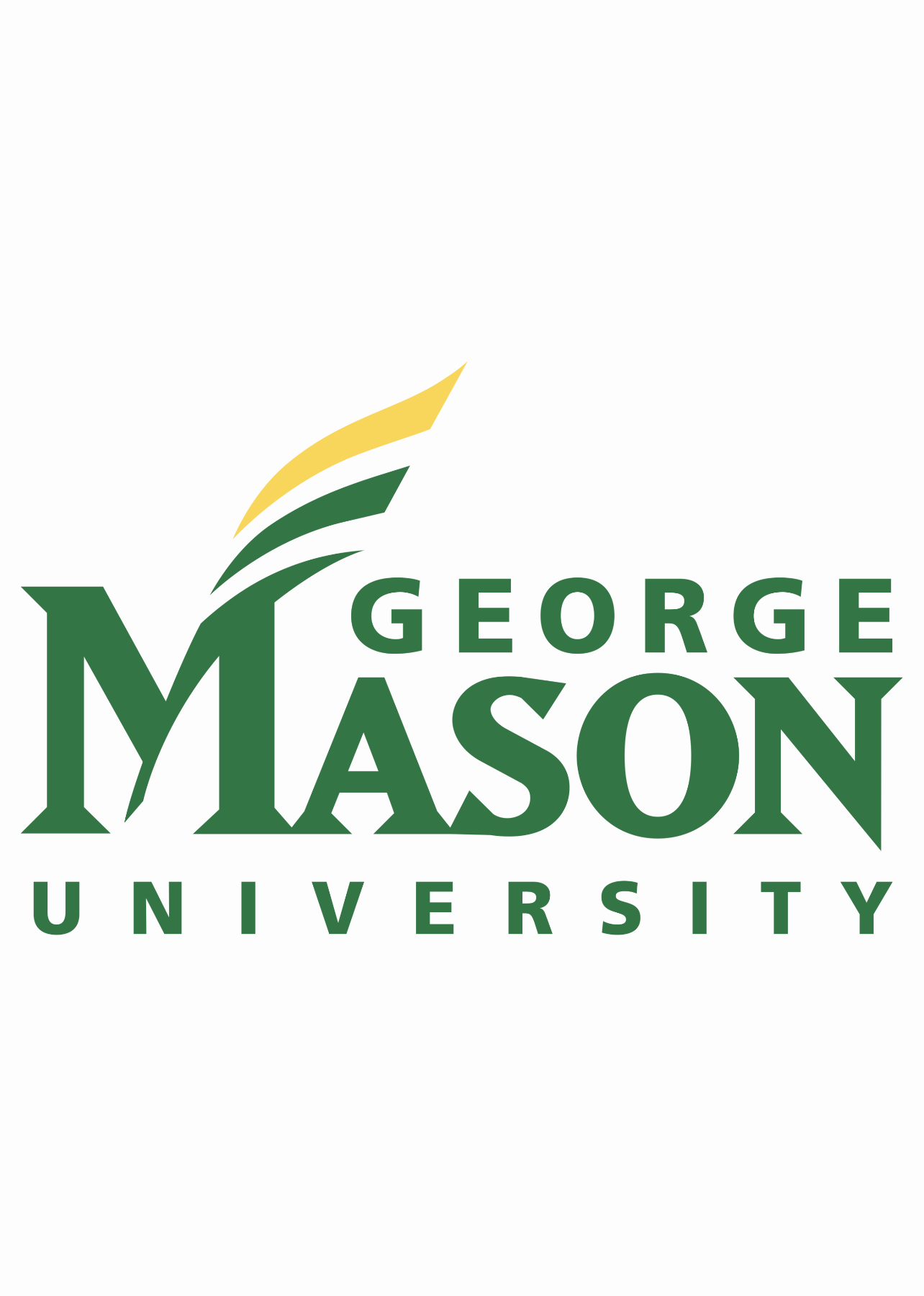A master’s in criminology degree equips students with the knowledge and skills necessary for advanced roles in law enforcement, forensic psychology, criminal justice, and corrections. Students understand the impact and influence of crime, develop analytical skills, and learn about the economic, social, and psychological factors of crime in society. A master’s in criminology degree leads to career opportunities as police chiefs, victim witness advocates, forensic psychologists, or criminologists.
The median annual salary for police and detectives is $74,910. Wages vary depending on the position, industry, and location. In 2023, the top ten percent of detectives earned more than $117,100 annually, while the lowest ten percent earned less than $45,790. A master’s degree can lead to advancement to higher-paying leadership positions.
Most master’s in criminology programs require the completion of between 30 and 40 credits and take two years of full-time study to complete. Part-time and asynchronous options are also available, allowing students to complete the degree at their own pace. The average annual cost for a master’s program is $19,749, but it will vary depending on the institution, program, and student living requirements.
Why Trust Us
The Intelligent.com Higher Education Team is dedicated to providing students with independent, equitable school and program rankings and well-researched resources. Our expert-driven articles cover topics related to online colleges and programs, paying for school, and career outlooks. We use data from the U.S. Department of Education’s College Scorecard, the National Center for Education Statistics, and other reputable educational and professional organizations. Our academic advisory team reviews content and verifies accuracy throughout the year for the most current information. Partnerships do not influence rankings or editorial decisions.
- Analyzed over 2,000 national, accredited, and nonprofit colleges and universities
- 800+ rankings pages are reviewed and updated yearly
- Content is informed by reputable sources, surveys, and interviews with academic advisors and other experts
- Over 100 data points are reviewed for accuracy and quality throughout the year, including sources
How we rank schools
Our list features the best Master’s in Criminology degree programs at top colleges nationwide. Each school featured is a nonprofit, accredited institution — either public or private — with a high standard of academic quality for post-secondary institutions.
We evaluated each school’s program on tuition costs, admission, retention and graduation rates, faculty, reputation, and the student resources provided for online students. We collected data from trusted sources like the National Center for Education Statistics, individual school and program websites, school admissions counselors, and other data sources. Then, we calculated the Intelligent Score on a scale of 0 to 100 based on the following criterion:
Academic Quality:
- Admission rate versus enrollment rate
- Retention rate of students who return after year one
- Accreditation status (regional and programmatic)
- Nonprofit status, both private and public institutions
Graduation Rate
- Overall graduation rate
- Total number of currently enrolled students, including diversity metrics
- Student-to-faculty ratio
Cost and ROI
- In-state and out-of-state per-credit tuition rates and fees
- Required credits to graduate
- Earning potential after graduation
- Availability of federal student loans, scholarships, and other financial aid options
Student Resources
- Available student services for online-only and hybrid programs
- On-campus amenities like tutoring centers and the number of libraries
Read more about our ranking methodology.
Best 12 Accredited Master's in Criminology Programs
FiltersInstitution Type
Status
- Intelligent Score
- Alphabetically By University Name
- Acceptance Rate
- Enrollment
- In-state Graduate Tuition
- Out-of-state Graduate Tuition
- In-state Undergraduate Tuition
- Out-of-state Undergraduate Tuition

University of Pennsylvania
Intelligent Score: 99.98In-state: $53,166
Out-of-state: $53,166
In-state: $37,678
Out-of-state: $37,678
SAT: 1460-1570
ACT: 33-35
$1,744
On-Campus
Middle States Commission on Higher Education
32

University of Maryland
Intelligent Score: 99.78In-state: $8,824
Out-of-state: $34,936
In-state: $13,158
Out-of-state: $13,158
SAT: 1270-1480
ACT: 30-34
Resident: $828
Non-Resident: $1,805
On-Campus
Middle States Commission on Higher Education
30

Florida State University
Intelligent Score: 98.42In-state: $4,640
Out-of-state: $19,084
In-state: $9,684
Out-of-state: $9,684
SAT: 1220-1350
ACT: 27-31
Resident: $479
Non-Resident: $1,111
On-Campus
Southern Association of Colleges and Schools Commission on Colleges
30

University of South Florida
Intelligent Score: 97.85In-state: $4,559
Out-of-state: $15,473
In-state: $8,350
Out-of-state: $8,350
SAT: 1160-1320
ACT: 25-30
$348
On-Campus
Southern Association of Colleges and Schools Commission on Colleges
33

University of Illinois Chicago - Department of Criminology, Law, and Justice
Intelligent Score: 96.82In-state: $14,317
Out-of-state: $33,824
In-state: $15,016
Out-of-state: $15,016
SAT: 1200-1460
ACT: 27-33
Resident: $530
Non-Resident: $1,105
On-Campus
Higher Learning Commission
40

University of Miami
Intelligent Score: 96.51In-state: $52,080
Out-of-state: $52,080
In-state: $45,288
Out-of-state: $45,288
SAT: 1250-1420
ACT: 28-32
$2,421
On-Campus
Higher Learning Commission
30

Northern Arizona University
Intelligent Score: 95.56In-state: $10,243
Out-of-state: $16,248
In-state: $10,309
Out-of-state: $10,309
SAT: N/A
ACT: N/A
Resident: $610
Non-Resident: $1,630
On-Campus
Higher Learning Commission
36

Northeastern University
Intelligent Score: 95.44In-state: $54,360
Out-of-state: $54,360
In-state: $25,264
Out-of-state: $25,264
SAT: 1410-1540
ACT: 33-35
$1,013
On-Campus
New England Commission of Higher Education
32

George Mason University
Intelligent Score: 95.04In-state: $9,510
Out-of-state: $32,970
In-state: $12,594
Out-of-state: $12,594
SAT: 1100-1300
ACT: 24-30
Resident: $572
Non-Resident: $1,487
On-Campus
Southern Association of Colleges and Schools Commission on Colleges
30

The University of Alabama
Intelligent Score: 93.83In-state: $10,780
Out-of-state: $30,250
In-state: $10,780
Out-of-state: $10,780
SAT: 1070-1330
ACT: 23-31
Resident: $635
Non-Resident: $1,660
On-Campus
Southern Association of Colleges and Schools Commission on Colleges
30

Saint Vincent College
Intelligent Score: 90.45In-state: $36,586
Out-of-state: $36,586
In-state: $13,686
Out-of-state: $13,686
SAT: 960-1190
ACT: 20-26
$763
On-Campus
Accreditation Council for Business Schools and Programs
30

University of Missouri–St. Louis
Intelligent Score: 88.08In-state: $9,330
Out-of-state: $27,612
In-state: $9,478
Out-of-state: $9,478
SAT: 1110-1320
ACT: 23-29
Resident: $769
Non-Resident: $1,615
On-Campus
Higher Learning Commission
30
How to Choose a Master’s in Criminology Program
Choose your area of study
Institutions often offer master’s degrees in criminology as either a Master of Arts or a Master of Science. The best option depends on the student’s academic and career goals. A Master of Arts degree often focuses on humanities and includes primarily discussion-based learning. A Master of Science degree focuses on scientific and technical subjects, including lab work, research, and analysis.
Students can also choose between a thesis-track or non-thesis-track master’s program in criminology. Thesis-track programs require students to complete and present a thesis that discusses the results of a research project related to criminology. Thesis-track programs are best for those who wish to continue their studies to pursue a Ph.D. in criminology.
Non-thesis-track programs do not include the completion of a thesis and often conclude with a research project or internship.
Many master’s programs in criminology also offer specialization areas where students can tailor their elective coursework to their interests and career goals. Specializations include law and public policy, homeland security, terrorism, and public management.
Research schools and programs
When researching schools and programs, look for those that have received accreditation from a recognized organization. Accreditors for master’s in criminology programs include the Higher Learning Commission (HLC), the Southern Association of Colleges and Schools Commission on Colleges (SACSCOC), and the Northwest Commission on Colleges and Universities (NWCCU).
Accreditation ensures that these institutions meet a set quality standard and will adequately prepare students for their future careers. Attending a school with regional accreditation will assist in transferring credits, being hired, and receiving government aid.
Students can learn more about prospective schools and programs by browsing the website, visiting campus, attending open houses, and following on social media. Students can also contact admissions advisors and program representatives to ask any questions and gain additional insights.
Prepare for tests and applications
Application requirements for master’s in criminology programs vary by institution. However, most will require applicants to submit the following:
- Undergraduate transcripts
- GRE test scores
- Letters of recommendation
- A personal essay
- Proof of English proficiency
Before applying, speak with the school’s admissions advisor. They’ll review the application process and ensure you have all the required materials.
Select your program
If accepted to multiple programs, narrow your options by considering your career goals and logistical needs. Ask the following questions:
- Is the program in-person or online?
- Is it full-time or part-time?
- Are there asynchronous learning options available?
- Do they offer on-campus housing?
- What is the cost of the program?
Choose the institution that best suits your needs and will set you up for success. If you’re having trouble choosing, speak with an academic advisor. They’ll review your options and help you find the best fit.
Determine how you’ll pay for your degree
Create a budget outlining your annual costs to determine whether you’ll pay for your degree independently or require financial aid. Include the following:
- Tuition
- Fees
- Supplies
- Housing
- Transportation
- Living expenses
Complete the Free Application for Federal Student Aid Submit (FAFSA) to assess the amount of financial aid you’re eligible to receive, including scholarships, grants, work-study funds, and loans. If you’re employed, ask your employer if they offer tuition assistance benefits.
What Can You Expect From a Master’s in Criminology Program?
A master’s in criminology degree provides students with an advanced understanding of the causes, acts, punishments, and rehabilitation of crime in society. Coursework focuses on topics including criminological theory, policing, restorative justice, and the sociology of law. Graduates gain the analytical, critical thinking, problem-solving, and communication skills required to succeed in leadership roles in the field.
Various learning methods include coursework, seminars, labs, exams, research, and essays. Depending on the program, the degree will conclude with an in-depth research project, internship, or thesis that demonstrates the skills and knowledge gained by the student during the program.
Potential courses you’ll take in a master’s in criminology program
- Legal Issues in Criminology. Students will learn about the legal issues that criminal justice professionals face, focusing on criminal constitutional problems and the administrative decisions of criminal justice organizations.
- The Dynamics of Cybercrimes. This course examines the issue of cybercrimes, including topics related to law enforcement, criminals and victims, federal laws, and the development of research topics on cybercrimes.
- Criminal Violence: Theory, Research, and Issues. This course provides an overview and application of theories related to criminal violence. Students will cover research, policy, and issues related to predicting dangerousness.
- Methods and Techniques of Research in Criminology. Students will study the role of research in analyzing, interpreting, and clarifying criminology.
- Quantitative Strategies for Analysis in Criminology. This course covers the logic of data analysis and the fundamentals of statistical procedures used in criminological analysis.
Master’s in Criminology Degree Frequently Asked Questions
How do I apply to a master's in criminology degree program?
To apply for a master’s program in criminology, visit the prospective program’s application page and review the application deadline, fees, and required materials. Requirements will vary by program, but you will likely need to submit your undergraduate transcripts, GRE test scores, letters of recommendation, and a personal essay. Speak to an admissions advisor before finalizing your application to ensure you submit the correct materials.
How much does a master's in criminology degree cost?
The average annual cost of a master’s degree in criminology is $19,749, but it will vary by program and institution. Consider additional expenses that will increase the annual cost, such as supplies, housing, transportation, and extracurriculars. Yearly costs may also be lower for students who study online or are enrolled part-time.
How long does it take to earn a master's in criminology degree?
Most master’s in criminology degrees require 30 to 40 credits and two years of full-time study. Some programs are available online or part-time for students who don’t have full-time or in-person availability, but these options often take longer to complete.

